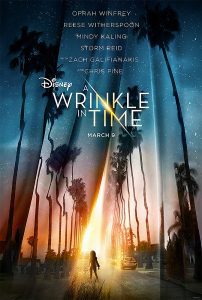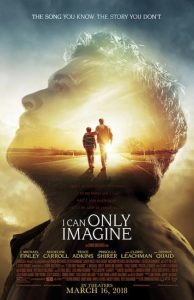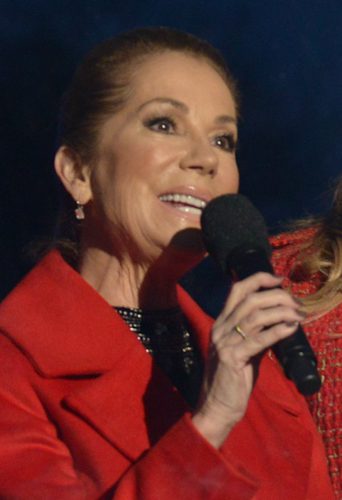 Madeleine L’Engle’s beloved book, “A Wrinkle in Time,” was filled with Christian themes and references. The main character, Meg, is strengthened by Bible verses as she journeys through a variety of dimensions in an effort to find her missing father. Meg’s brother, Charles, asks another character to read to him from Genesis, and Jesus is mentioned as fighting against evil. All of these elements, however, were cut from the movie adaptation of the book.
Madeleine L’Engle’s beloved book, “A Wrinkle in Time,” was filled with Christian themes and references. The main character, Meg, is strengthened by Bible verses as she journeys through a variety of dimensions in an effort to find her missing father. Meg’s brother, Charles, asks another character to read to him from Genesis, and Jesus is mentioned as fighting against evil. All of these elements, however, were cut from the movie adaptation of the book.
Screenwriter Jennifer Lee reportedly removed all of the Christian references from the film in an effort to be “inclusive.” Lee emphasized that the Disney adaptation celebrated inclusiveness and diversity and claimed that Christian references would detract from that goal. “In a sad way, some of the other elements are more important right now and bigger–sort of this fight of light against darkness,” Lee said. “It’s a universal thing and timeless and seems to be a battle that has to keep being had.”
The decision to cut the Christian content has left some reviewers feeling that the context that is crucial for the emotional impact of the climax was lost. Others felt that the Christian themes had been replaced with “lots of New Age content.” A Movieguide review said that the movie included “an emphasis on being one with the universe and the energy people create with positive or negative thoughts…At one point, one character mentions every spiritual, religious and historical icon, but seems to exclude Jesus Christ, as if Christianity was the one thing they didn’t want to include. In the book, however, Jesus was the iconic figure.”
One of the film’s producers, however, felt that elements of Christianity had been retained. They had just been made more subtle. “I think the movie has many faith elements in it. It’s truly a journey of a girl who, without seeing and having real evidence of her father, makes a bargain to travel throughout the universe to find him,” said producer Jim Whitaker. “I think that’s a really powerful metaphor and statement that’s worth considering about the nature of faith. How you have faith, without being able to have ‘real’ evidence, is kind of the key, and challenge, of life.”
When it came to adapting the book to the big screen, Lee said, “What I looked at, one of the reasons Madeleine L’Engle’s [book] … had that strong Christian element to it wasn’t just because she was Christian, but because she was frustrated with things that needed to be said to her in the world and she wasn’t finding a way to say it and she wanted to stay true to her faith…And I respect that and I understand those feelings of things you want to say in the world that need to be said that are out there. In a good way, I think there are a lot of elements of what she wrote that we have progressed as a society and we can move onto the other elements.”
Some people, however, argue that Lee’s claim flies in the face of what L’Engle herself wrote in her journals. “If I’ve ever written a book that says what I feel about God and the universe, this is it,” L’Engle wrote. “[A Wrinkle in Time] is my psalm of praise to life, my stand for life against death.”
Given L’Engle’s own words and the unfavorable reviews earned by Disney’s adaptation, some claim that Lee’s decision to remove Christianity from the film was a mistake. Others claim that the film’s struggles were due to the inherent difficulty of translating L’Engle’s wildly imaginative book to the screen. Viewers, however, will have to decide for themselves what they think of Disney’s adaptation of L’Engle’s beloved book.


